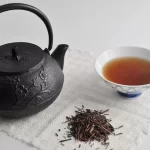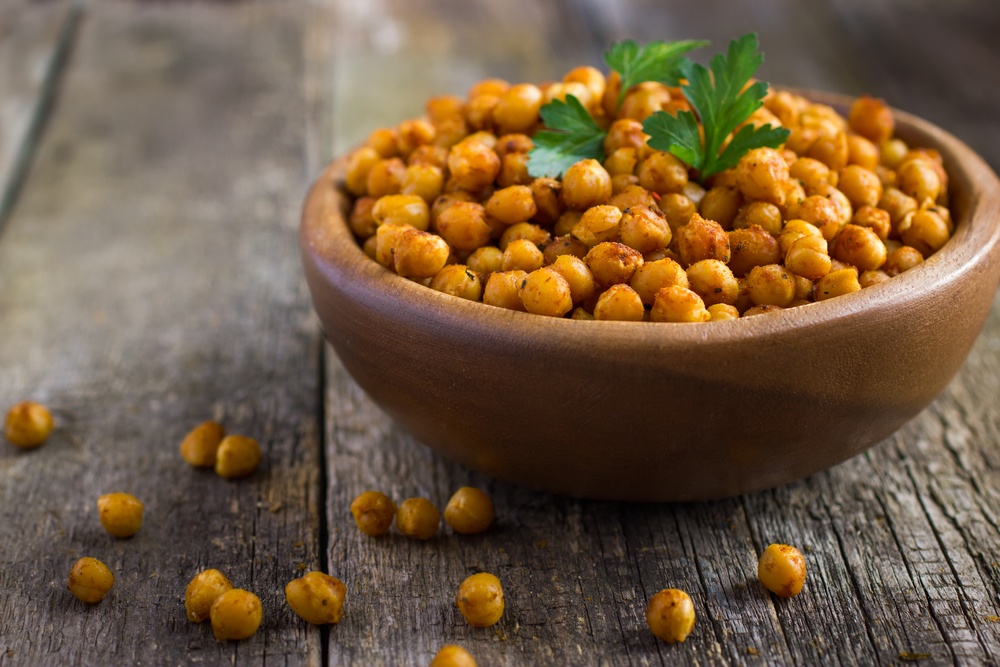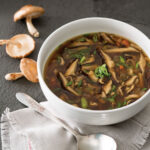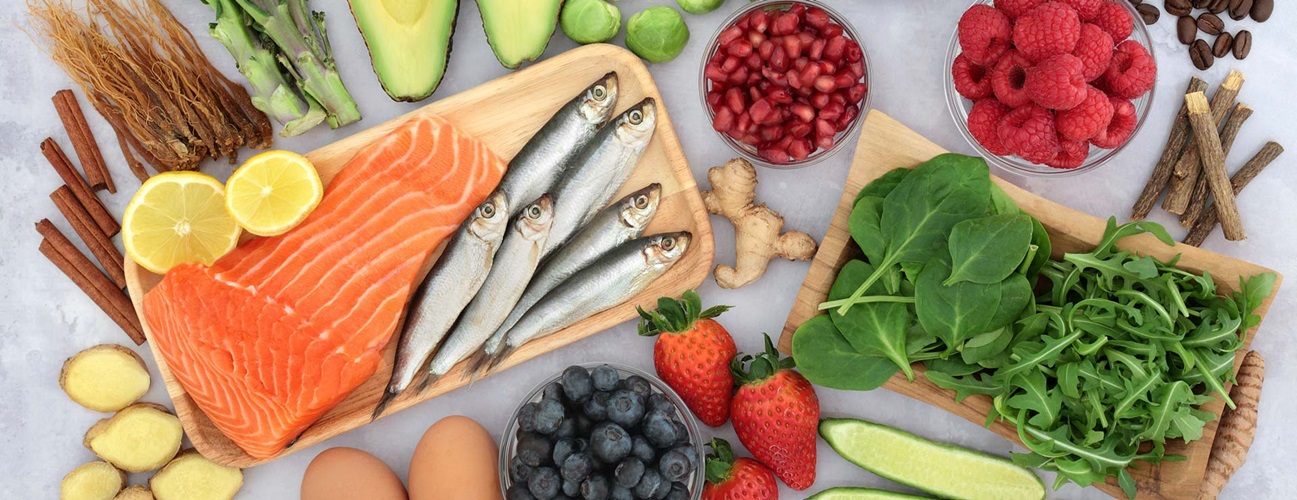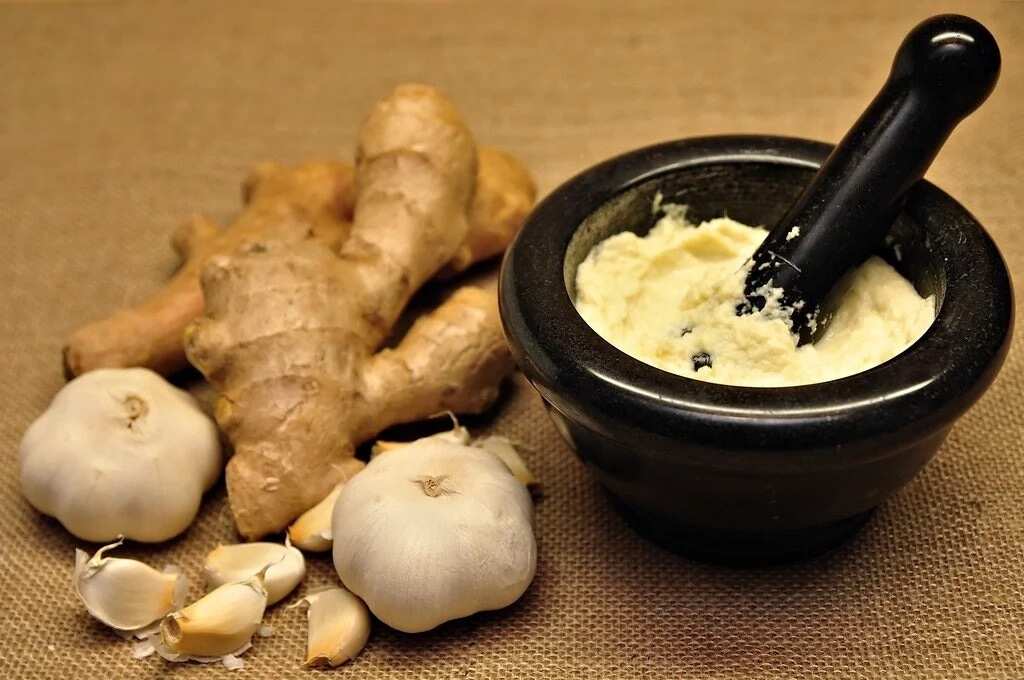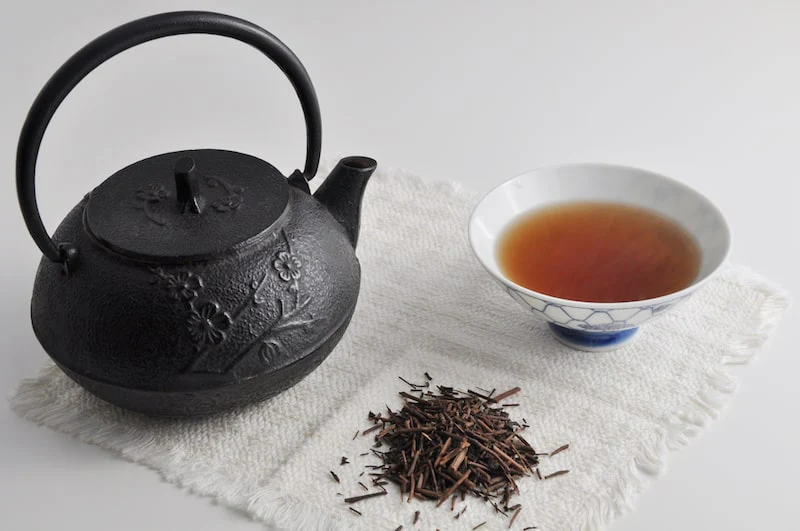WHAT ARE THE HEALTH BENEFITS OF CHICKPEAS?
Chickpeas have enormous health benefits they the best choice for this present generation as they help prevent constipation and also reduce cholesterol levels. Their richness in B group vitamins has been a source of strength to the nervous system.
Chickpeas have been a nice ingredient in the traditional diets especially for the people living at the coasts of the Mediterranean. This protein-rich food is an ideal food for modern men and women.
In a way, chickpeas are considered as food of the poor by civilized or developed urban dwellers but these individuals, the modern city dwellers have been ravaged by diseases of civilization such as heart attack, stress etc. and as the case may be they are the people who need chickpeas the most.

The chickpea plant seed which belong to the botanical family leguminoseae has its fruits in the shape of an ovoid legume that contains two seeds, chickpeas. Chickpeas are highly resistant to drought and even extreme heat and cold.
Seventy percent (70%) of the world chickpea production is controlled by India. Other nations that follow are Mexico, Mediterranean countries and Turkey.
YOU MAY LIKE: Turmeric for your stomach and skin
Composition of Chickpea
The following composition is based on a 100 g of raw edible part of the chickpea and also percentage (%) daily value which is based on a 2000 calorie diet. The following composition provides very many health benefits of chickpeas.
- Protein = 19.3 g
- Carbohydrates = 43.3 g
- Energy = 364 kcal = 1,525 kj
- Fiber = 17.4 g
- Vitamin A = 7.00 μg RE
- Vitamin B1 = 0.477 mg
- Vitamin B2 = 0.212 mg
- Vitamin B6 = 0.535 mg
- Niacin = 4.62 mg NE
- Folate = 557 μg
- Vitamin B12 = Nil
- Vitamin C = 4.00 mg
- Vitamin E = 0.820 mg ∝-TE
- Calcium = 105 mg
- Magnesium = 115 mg
- Phosphorus = 366 mg
- Iron = 6.24 mg
- Zinc = 3.43 mg
- Potassium = 875 mg
- Total fat = 6.04 g
- Saturated fat = 0.626 g
- Sodium = 24.0 mg
- Cholesterol = Nil
Before we discuss some properties and indications of the chickpeas, let’s look at the percentage (%) composition of the chickpea.
SEE ALSO: Loquat, an Effective Anti-Diabetic Fruit
They are as follows:-
- Fiber = 17%
- Carbohydrates = 43.3%
- Minerals = 2.4%
- Fat = 6.64%
- Protein = 19.3%
- Water = 11.5%
Properties of the Chickpeas and Some Indications
It is worthy to note that the chickpeas possess some therapeutic properties which got them classified as an ideal legume, a dietary food for this present generation. As stated earlier, chickpeas help reduce cholesterol, prevent constipation and even strengthen the nervous system.
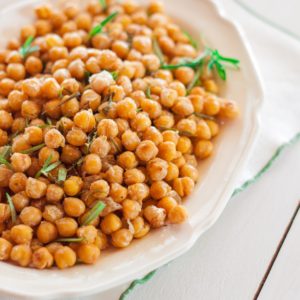
Another noteworthy property is that chickpeas contain great deal of energy (about 364 kcal per 100 grams) and importantly, a good source of most vitamins except Vitamin B12.
Provitamin A, vitamin C and vitamin E are also present in some significant amounts. Chickpeas protein content is about 19.3% which may be equivalent or may be surpass those of meat and eggs.
According to healthline.com, they are quite rich in vitamins, proteins and fiber. Chickpea protein content is less than other protein-rich legumes like beans, soy and lentils. As mentioned, these are great health benefits of chickpeas.
Carbohydrates: Chickpeas are quite rich in carbohydrates occupying 43.3&. Starch is predominant and is transformed gradually to glucose during digestion process. It is good to chew chickpeas properly.
Fat: Most of the fat contained in some legumes are polyunsaturated. Chickpeas are 6.04% and they a bit more than lentils or beans but less than soy.
Vitamin: Chickpeas B group vitamins are the most abundant. A hundred (100) gram of chickpeas supply about triple the RDA (Recommended Dietary Allowance) of this nutrient. Chickpeas are good source of vitamin B2 and B6. Folates are also in abundant as they help in proper functioning of the nervous system. they also reduce the risk of heart attack.
READ ALSO: Pine Tree Alleviates Rheumatism and Bronchitis
Minerals: Iron is the most abundant, iron (6.24 mg per 100 g), Phosporus (366 mg per 100 g), Potassium (875 mg/100 g), Magnesium (115 mg per 100 g), Calcium (105 mg per 100 g) and zinc (3.43 mg per 100 g).
Constipation: Chickpeas fiber content stimulates intestinal peristaltic action naturally.
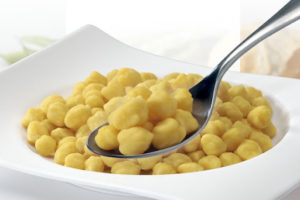
Nervous System: Disorders of the nervous system as a result of B vitamin deficiency such as nervousness, irritability and lack of concentration. Chickpeas are highly recommended for those suffering from depression and stress.
Pregnancy: Chickpeas are rich in folates with enormous health benefits. This means that this legume is good for pregnant women as it prevents defects of the nervous system in the fetus. In addition, chickpeas are rich in proteins, Iron and other minerals.
Preparation and Use
- Chickpea flour: This is common in India. It is widely used to make some sorts of culinary items like falafel.
- Cooked: This is the most common way to prepare chickpeas and consume them in the West. They go well with rice dishes. They can also be added to stew or soup.
- Fried or toasted: This is another means to prepare the chickpeas but they may seem indigestible. This is because some part of the starch may be resistant to gastric juices.
CLICK TO READ MORE ARTICLES HERE!
ALSO SEE:
Persimmon Stops Diarrhea and slows down Intestinal Inflammation
Anxiety and an Anxiety disorder
Narcissism And How To Overcome it
Watercress: Medicinal plant for the Blood
Comfrey, A Good Medicinal Plant for the Skin
Spinach Provides Strength to the Muscles and Protects the Retina (eye)
Cornflower: A good remedy for the eyes

A graduate of Computer Science and Information Management Technology. Diploma – Caregiving, Certificates – Dementia and Diabetes Awareness and Management. A researcher, blogger, songwriter, singer and acoustic guitarist. Born in an environment where natural talents such as healing are imparted at our natural birth. This natural talents of healing is the result of our genetic inheritance and the training from family environment.




